- Informatii telefonice:(+40) 748 400 200
Francoise Gilot: Three Travel Sketchbooks: Venice, India, Senegal | Therese Cremieux , Hans Werner Holzwarth
Cod intern: xsales_1388625Producator: Taschen
Vizualizari: 24 / Achizitii: 20
Stoc: In stoc
Pret: 819.0 RON
Acest produs este publicat in categoria Librarie la data de 15-03-2025: 10:03 si vandut de Carturesti. Vanzatorul isi asuma corectitudinea datelor publicate. ( alege finantarea potrivita )
-
Produs cu garantie
-
Livrare direct din stocul fizic al Carturesti
-
Retur gratuit minim 14 zile de la data achizitiei
French artist Francoise Gilot, born in 1921, can look back on a long history. As a painter of the Nouvelle Ecole de Paris after the war, her work hovers between abstraction and figuration, drawing as much on nature and everyday life as on moods and imagination. She has published a number of books, not just her famous Life with Picasso, in which she recounts her experiences of 10 years at the side of the most famous artist of the 20th century, but also poetry and stories with her own illustrations.This fold-out box set presents a hardback facsimile edition of three sketchbooks made on Gilot’s travels between 1974 and 1981. Collecting direct impressions and abstract reflections, they are suffused with the distinct atmosphere of these places: Venice, India, and Senegal.Gilot travels to Venice in the summer of 1974. Her regular visits to the floating city as a child have made a lasting impression, and she feels a deep, continued connection. Her sketchbook drawings are made with a subtle palette, centered on different shades of a watery blue. Views of the city are mixed with reimaginations of the canals and cityscape, yet it is above all the spirit, history, and myth of Venice that animates her work. She also pays tribute to its art with various pages characterizing her forebears: the Bellinis, Carpaccio, Giorgione, Veronese, Titian, Tintoretto. Gilot mixes writing with the illustrations, her beautifully organic lettering becoming part of the drawings in which she depicts the canals, the cafes, the lovers at the water’s edge.The second sketchbook is from Gilot’s trip to India in late 1979. She fills it with drawings while out on the streets and sitting on bumpy plane rides between cities. The sketches, mostly in black and white, capture people on the road, market stalls, cows and other animals, and wall advertisements for the coming election. Central to the sketchbook are the figures of women, working or carrying a load, always clad in impeccable saris whose folds especially attract the artist: “The cloth is a cocoon,” she notes, “and in this latent metamorphosis lies the magic of the curved line.”In 1981 Gilot visits Senegal, where she is impressed by the people she encounters, their movements and meetings, life in the circle huts and on marketplaces. Her sketchbook is almost jewel-like in its colorful intensity, juxtaposed with deep-inked black-and-white line drawings. Again we see many women in flowing garments, their poses like ornaments on the page; we see plants and landscapes, sometimes clear and sometimes as form, moving in and out of abstraction.The three sketchbooks are accompanied by an additional booklet containing an introduction by Hans Werner Holzwarth, a conversation between Gilot and Therese Cremieux on the artist’s work and travels, and translations of the handwritten text within the drawings.Limited and numbered edition of 5,000 copies.Also available as three Art Editions of 60 copies respectively (No. 1–180), each with a separate lithograph signed and created by Gilot especially for this production.The artistBorn in 1921 in Neuilly, France, Francoise Gilot...

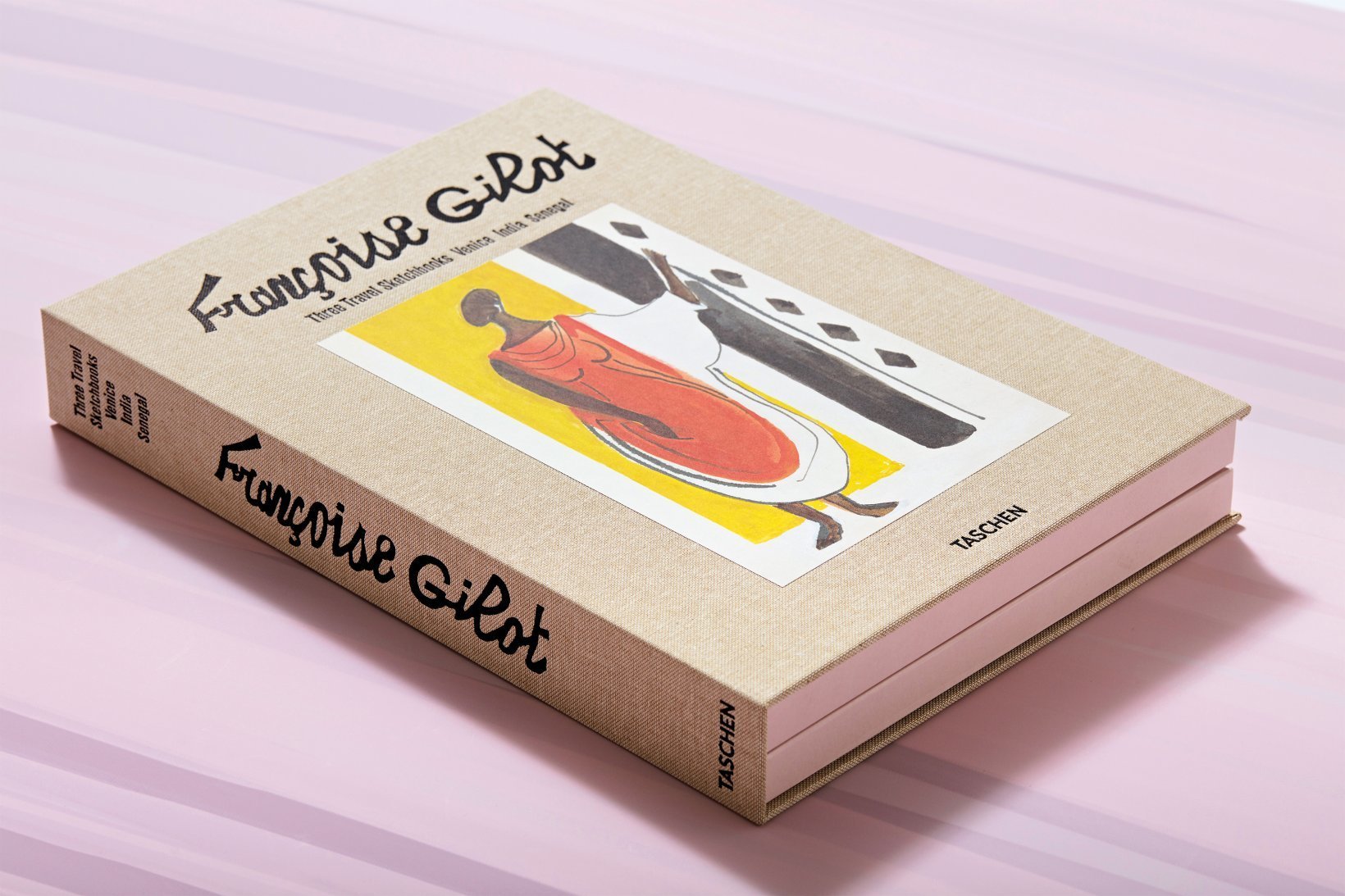





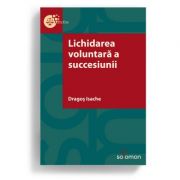


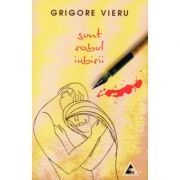

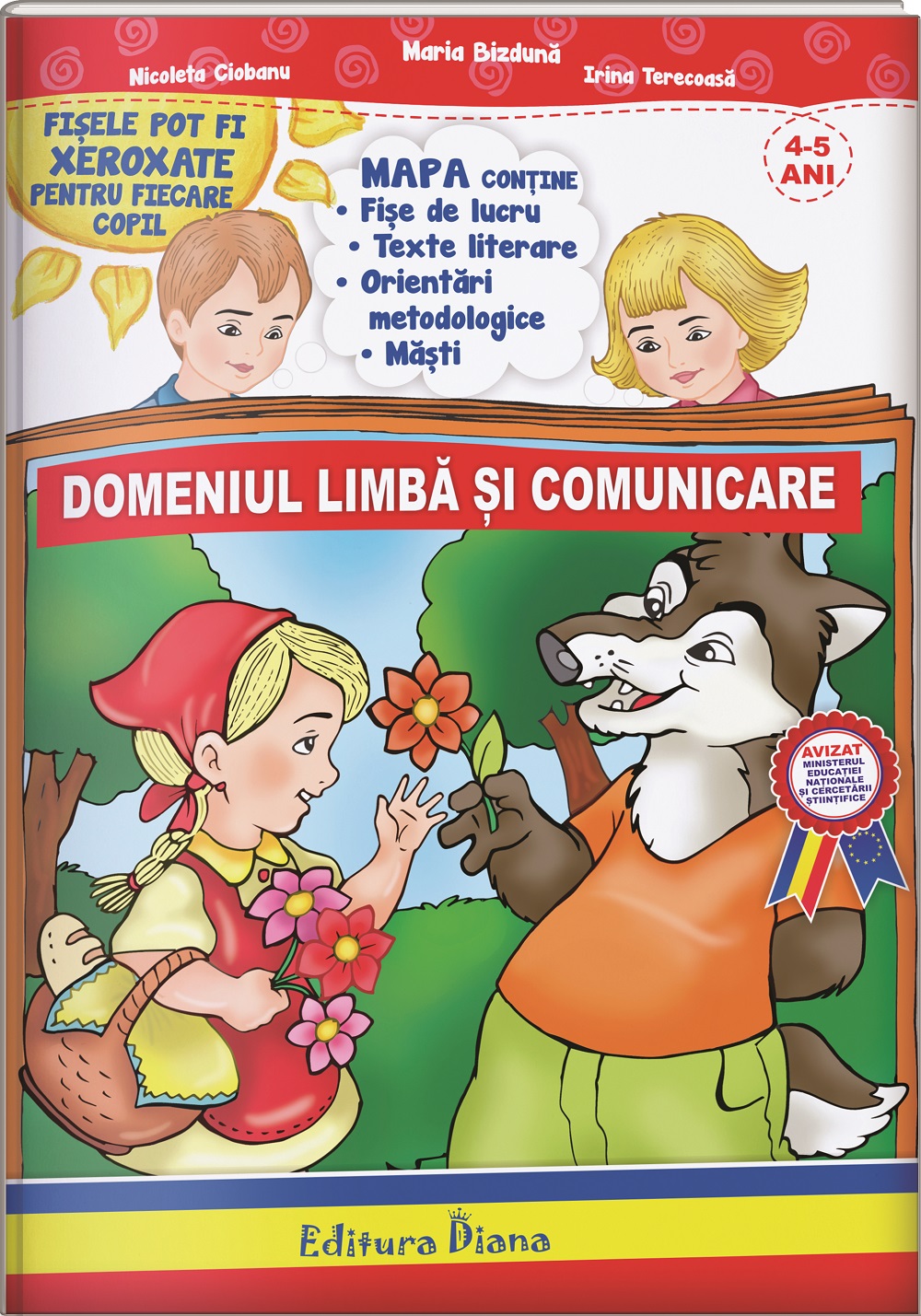
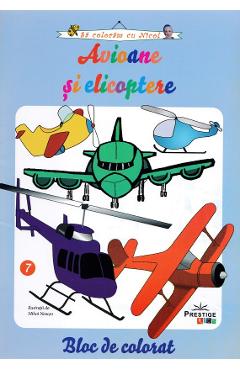













Scrie parerea ta
Francoise Gilot: Three Travel Sketchbooks: Venice, India, Senegal | Therese Cremieux , Hans Werner Holzwarth
Ai cumparat produsul Francoise Gilot: Three Travel Sketchbooks: Venice, India, Senegal | Therese Cremieux , Hans Werner Holzwarth ?
Lasa o nota si parerea ta completand formularul alaturat.
French artist Francoise Gilot, born in 1921, can look back on a long history. As a painter of the Nouvelle Ecole de Paris after the war, her work hovers between abstraction and figuration, drawing as much on nature and everyday life as on moods and imagination. She has published a number of books, not just her famous Life with Picasso, in which she recounts her experiences of 10 years at the side of the most famous artist of the 20th century, but also poetry and stories with her own illustrations.This fold-out box set presents a hardback facsimile edition of three sketchbooks made on Gilot’s travels between 1974 and 1981. Collecting direct impressions and abstract reflections, they are suffused with the distinct atmosphere of these places: Venice, India, and Senegal.Gilot travels to Venice in the summer of 1974. Her regular visits to the floating city as a child have made a lasting impression, and she feels a deep, continued connection. Her sketchbook drawings are made with a subtle palette, centered on different shades of a watery blue. Views of the city are mixed with reimaginations of the canals and cityscape, yet it is above all the spirit, history, and myth of Venice that animates her work. She also pays tribute to its art with various pages characterizing her forebears: the Bellinis, Carpaccio, Giorgione, Veronese, Titian, Tintoretto. Gilot mixes writing with the illustrations, her beautifully organic lettering becoming part of the drawings in which she depicts the canals, the cafes, the lovers at the water’s edge.The second sketchbook is from Gilot’s trip to India in late 1979. She fills it with drawings while out on the streets and sitting on bumpy plane rides between cities. The sketches, mostly in black and white, capture people on the road, market stalls, cows and other animals, and wall advertisements for the coming election. Central to the sketchbook are the figures of women, working or carrying a load, always clad in impeccable saris whose folds especially attract the artist: “The cloth is a cocoon,” she notes, “and in this latent metamorphosis lies the magic of the curved line.”In 1981 Gilot visits Senegal, where she is impressed by the people she encounters, their movements and meetings, life in the circle huts and on marketplaces. Her sketchbook is almost jewel-like in its colorful intensity, juxtaposed with deep-inked black-and-white line drawings. Again we see many women in flowing garments, their poses like ornaments on the page; we see plants and landscapes, sometimes clear and sometimes as form, moving in and out of abstraction.The three sketchbooks are accompanied by an additional booklet containing an introduction by Hans Werner Holzwarth, a conversation between Gilot and Therese Cremieux on the artist’s work and travels, and translations of the handwritten text within the drawings.Limited and numbered edition of 5,000 copies.Also available as three Art Editions of 60 copies respectively (No. 1–180), each with a separate lithograph signed and created by Gilot especially for this production.The artistBorn in 1921 in Neuilly, France, Francoise Gilot...
Acorda un calificativ